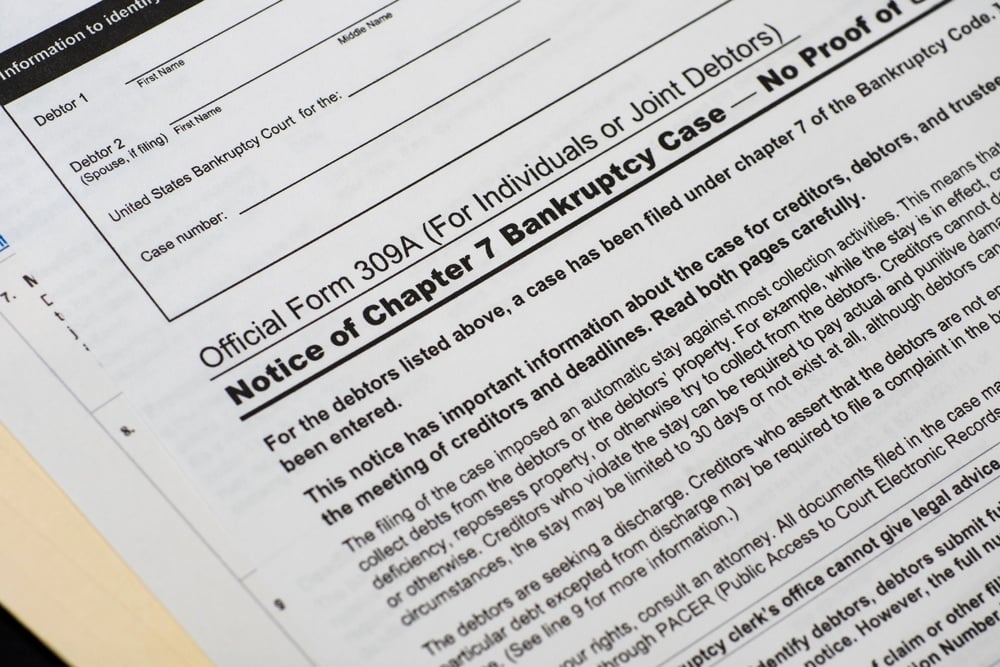Tax breaks for students (and parents) in 2024
Updated for tax year 2024.
Here’s an updated look at what the IRS considers qualified expenses for education credits in 2023 and what other tax breaks are available for those investing in higher education.
What education tax credits are available for college students?
There are currently two higher education tax credits for students: the American Opportunity Tax Credit (AOTC) and the Lifetime Learning Credit (LLC). Both credits can be claimed using Form 8863.
Each credit has different eligibility requirements, but both require the purchase of qualified education expenses for an eligible student enrolled at an eligible educational institution.
Below is a handy table to help you compare both education tax credits.
| American Opportunity Credit | Lifetime Learning Credit | |
| Who can claim it | Undergraduate students or their parents (if the student is a dependent) | Anyone taking higher education classes (undergrads, graduate students, vocational students, etc. Full credit amount |
| Upto $2,500 per eligible student (100% on the first $2,000 and 25% on the next $2,000). | Upto $2,000 per return. | You can claim up to 20% of the first $10k spent in qualified tuition and fees. |
| Joint Filers | : $180,000. Other filers (except married filing separately) : $90,000 (phase-out begins at $80,000)Joint filers |
: $180,000 (phase-out begins at $160,000) Other filers (except married filing separately) : $90,000 (phase-out begins at $80,000)Course and enrollment requirements |
| Must be enrolled at least half-time in an undergraduate program for a degree or education credential | Must be enrolled in at least one course and does not need to be pursuing a degree or educational credential | How often you can claim it |
| Only available four tax years per eligible student | Available for an unlimited number of years | Refundable? |
| Yes – up to 40% ($1,000) refundable even if you have no tax liability | Nonrefundable | Who claims these credits — the student or the parent? |
The student or the parent(s) can claim the AOTC or the LLC — whoever pays for the schooling. Students can only claim the credit if they are not considered dependents on someone else’s return.
What are qualified education expenses?
American Opportunity Credit qualified higher education expenses:
Tuition and fees required for the student’s enrollment
- Course materials such as books, supplies, and equipment the student needs to complete their course of study (even if not purchased from the educational institution directly)
- Lifetime Learning Credit qualified higher education expenses:
Tuition and fees required for the student’s enrollment
- Course materials if the school requires these items for enrollment or attendance, and they are purchased from the educational institution
- What college costs are NOT considered qualified education expenses?
Personal expenses are not qualified education expenses. Some examples of what the IRS considers personal expenses are room and board, insurance, medical expenses, student health fees, transportation, and other similar personal, living, or family expenses.
You can claim the following expenses only if they are part of your degree program (for the LLC) or help you obtain necessary job skills:
Noncredit courses
- Courses involving sports, hobbies, or games
- If all my classes are online, can I deduct my internet bill as an education expense?
The IRS generally considers the internet a personal, living, or family expense, meaning internet costs are unfortunately not a qualified education expense at this time. This rule does not apply if you pay your internet bill directly to the educational institution or school. Is my computer a qualified expense for a tax break? Is that a qualified expense for a tax break?
Your computer may be considered a qualifying education expense if it’s required for your enrollment or attendance at the educational institution.
Can I claim these tax benefits even if I paid for my college expenses with student loans?
Yes, you can claim the American Opportunity Credit or the Lifetime Learning Credit even if you paid for qualified expenses with student loans.
Can I claim the AOTC or LLC if I received financial aid?
Yes. If you received tax-free aid, such as a Pell grant or scholarship, but paid for your qualified expenses out of your own pocket, you can still claim an education tax credit. You can still claim an education tax credit if you received tax-free financial aid, such as a Pell Grant or scholarship, but you must reduce your qualified expenses to reflect the amount of financial assistance you received. You could claim a $2,000 American Opportunity Credit, or a $400 Lifetime Learning Credit. Can I claim both credit?
You can’t claim the American Opportunity Credit as well as the Lifetime Learning Credit in the same tax return. If you qualify for both credits, the AOTC is typically more valuable because it is partially refundable and covers more qualified expenses than the LLC.
Can I still take the student loan interest deduction?
Yes, you can typically deduct interest paid on qualifying student loans. The best part is? This is an above-the-line deduction, meaning you don’t need to itemize to claim this deduction.
You can deduct up to $2,500 in interest or the amount of interest you actually paid during the tax year — whichever is less. You will receive Form 1098E from your loan provider if you paid more than $600 in student loan interest. This form will show you the total amount that you paid. Can I take the student loan interest deduction?
Parents can take the student loan interest deduction, provided their filing status is not married filing separately. Parents must also meet the income limits. For tax year 2024 the deduction will gradually phase out for MAGI for those filing jointly and between $80,000 to $95,000 for single filers. Parents must have used the loan to pay their dependent’s education expenses.
What happened to the college tuition and fees deduction?
The tuition and fees deduction expired Dec. 31, 2020. Unfortunately, this deduction is not available to taxpayers filing their 2024 income tax returns.
Claim education tax benefits with TaxAct.
When you e-file with TaxAct(r), we’ll ask you simple questions to identify which educational tax breaks you could qualify for as a student or a parent. Our tax experts will guide you through the filing process, provide you with the necessary forms, and help you maximize your tax benefits.
This article is for informational purposes only and not legal or financial advice.






